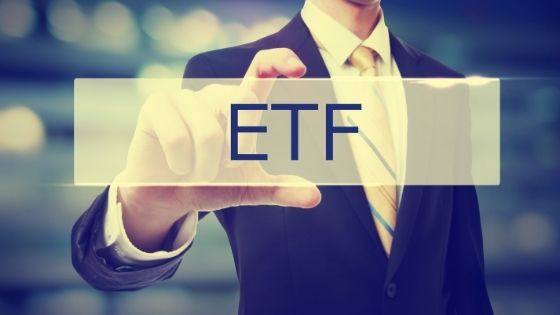Nowadays, ETFs (Exchange-Traded Funds) are considered one of the most popular investment methods.
If you choose ETFs as part of your investing strategy, you can enjoy many benefits. These benefits had helped increase the total ETF assets to over $4 trillion in December 2019.


ETFs on the ASX is for those who want to have some diversity on your investment or gain more exposure to a particular market or industry.
Also, if you want to avoid risks, then ETFs might be the ideal asset that you are looking to add to your portfolio. Keep on reading to know why a lot of investors are interested in ETFs.
Liquidity
With ETFs, the buying process is being simplified, but not at the expense of liquidity. Similar to stocks, trading of ETFs is done throughout market hours.
The trading is also done more frequently. The fact is, over 100 million shares are exchanged on the average trading day. With this liquidity, investors can jump into or out of their positions as often as they please.
You can choose to sell ETFs short or on margin. Also, the prices keep on updating during the trading day. It means that ETF trading is just similar to trading equities on the stock market, regardless of how diversified they are.
Single Transactions
ETFs imitate the holdings of indexes. In other words, ETFs can follow certain regions, industries, or any other sector where you can track the index.
Nevertheless, traditional index investing will require you to separately purchase each security found in an index’s collection of stocks.
Typically, traditional index investing offers the same groups of holdings with a single transaction. You can consider every ETF share as its mini portfolio, meaning a collection of partial stock shares. In this way, the purchasing process is being simplified.
As a result, there is no need for investors to place several orders and determine the fair price for each order.
Cost-effectiveness
With ETFs on the ASX , you can easily save money. Since a single transaction is only required for every trade, you can avoid paying lots of commission fees, especially if you add more stocks to your portfolio.
Additionally, fees for ETFs are much lower compared to regular mutual funds. It means you can avoid load fees.
Accountability
It is required that the financial entities who are actively trading ETFs should disclose the list of assets in the fund each day. Other types of mutual funds have this requirement, so investors are not fully aware of the products in their portfolios.
ETF Taxes
If you have researched ETFs, you have probably noticed that ETFs are considered a tax-friendly investment. Essentially, this is true when compared to some traditional mutual funds.
Since mutual funds are often actively traded than ETFs, each trade will mean more capital gains taxes. Fund holders will be imposed with these accumulated mutual fund capital gains taxes yearly.
On the other hand, you can only obtain capital gains once the assets are sold to ETFs. In other words, you can decide when to impose ETF taxes on yourself.
However, keep in mind that you still have to pay taxes on ETF dividends once they are distributed.
You can gain a lot of benefits by choosing to include ETFs in your investment portfolio. Although indexes, derivatives, equities, and mutual funds are considered solid investments, ETFs should be part of your investing strategy.

























